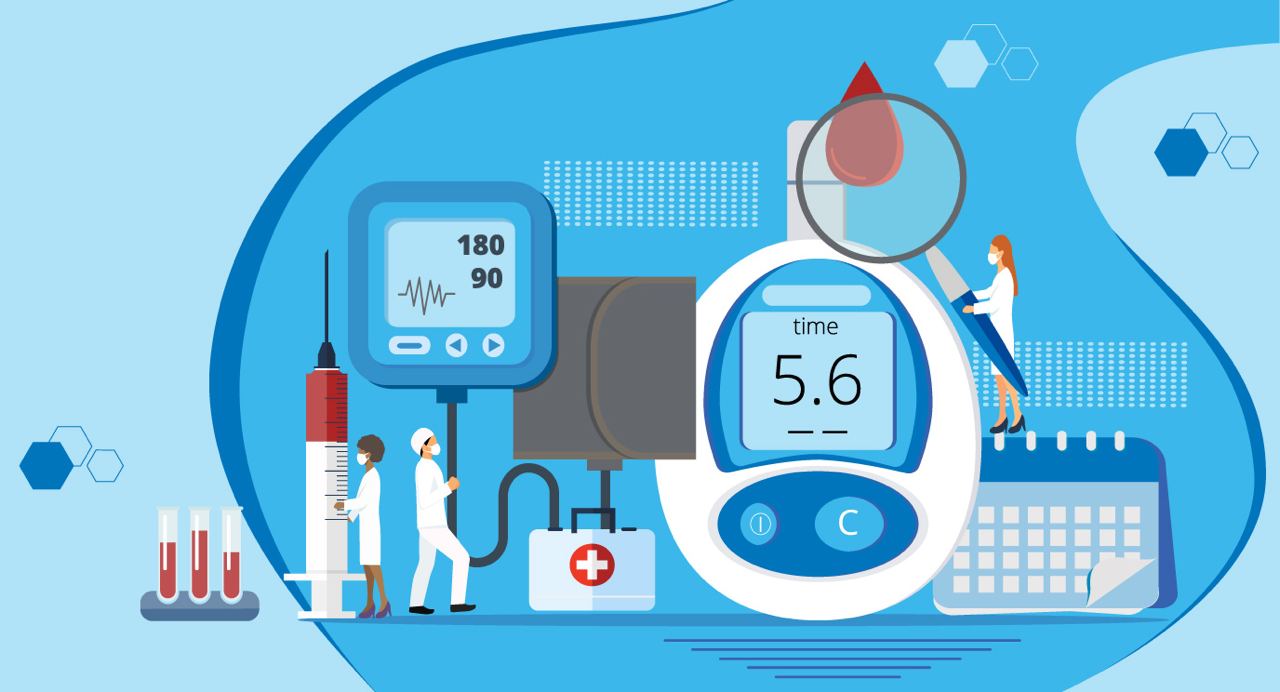
Diabetes presents a pervasive, chronic health issue characterized by heightened blood sugar levels. Exploration into numerous treatment modalities, spanning lifestyle adjustments to innovative medical interventions, is underway.
The advent of Continuous Glucose Monitoring (CGM) systems marks a significant stride forward, furnishing real-time updates on blood glucose levels and furnishing a holistic understanding of daily fluctuations. These devices prove indispensable for proactive diabetes management, enabling timely modifications in medication, dietary habits, and physical activity to mitigate the risks associated with hypo- and hyperglycemia.
In recent years, notable headway has been achieved in diabetes treatment methodologies, with innovative therapies opening up fresh avenues for more efficacious management. Conventional approaches have centered on regulating blood sugar levels via medication, dietary modifications, and physical exertion, occasionally integrating specific herbs for their potential benefits.
Originally devised for managing obesity, bariatric surgery has garnered recognition as an effective intervention for type 2 diabetes in select cases. Procedures such as gastric bypass and sleeve gastrectomy can trigger diabetes remission by altering gut hormone signaling and enhancing insulin sensitivity.
The emergence of Precision Medicine introduces another promising dimension, involving tailored treatment regimens grounded in genetic predisposition, metabolic profile, and lifestyle factors. Genetic testing and molecular profiling assist in pinpointing factors predisposing individuals to diabetes, thereby enabling personalized treatments and enhanced outcomes.
Further, the evolution of Insulin Pump Therapy has transformed insulin administration, offering more precise and user-friendly delivery mechanisms. Contemporary pumps employ advanced algorithms and automated features to ensure accurate dosing, providing superior blood sugar control compared to traditional injection methods.